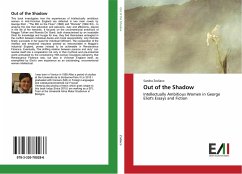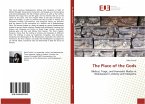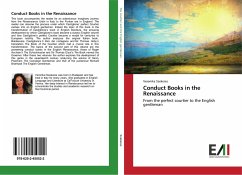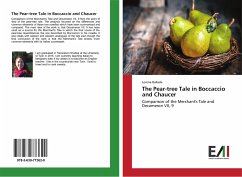This book investigates how the experiences of intellectually ambitious women in mid-Victorian England are reflected in two main novels by George Eliot - "The Mill on the Floss" (1860) and "Romola" (1862-'63) - to analyse the role that education and passions, duty and affections, played in the life of her heroines. It focuses on the unconventional ambitions of Maggie Tulliver and Romola De' Bardi: both characterised by an insatiable thirst for knowledge and hunger for love, they find themselves entangled in the conflict between individual desire and moral responsibility; only Romola finally succeeds in her quest for individual fulfilment. The cooperation of the intellect and emotional impulses posited as irreconcilable in Maggie's industrial England, proves instead to be achievable in Renaissance Florence. Eventually, "the shifting relation between passion and duty" can resolve itself into a cooperation not only in that mythical and pre-industrial world untroubled by the constraining 19th-century bourgeois patriarchy that Renaissance Florence was, but also in Victorian England itself, as exemplified by Eliot's own experience as an outstanding, unconventional woman intellectual.
Bitte wählen Sie Ihr Anliegen aus.
Rechnungen
Retourenschein anfordern
Bestellstatus
Storno








